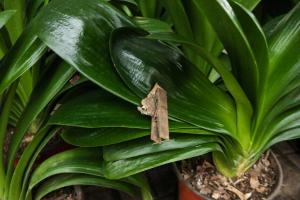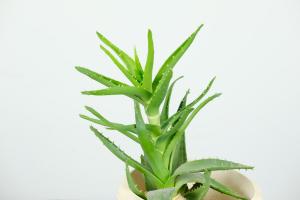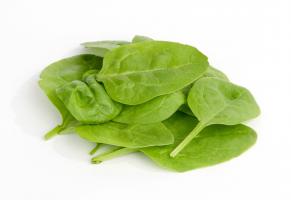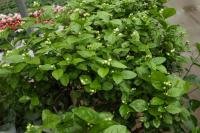1. Lily: it may cause insomnia
Lily has a strong aroma. If you smell it for a long time, it will make people too excited and cause insomnia. Especially in the bedroom, it's best not to raise lilies, otherwise people who have insomnia or light sleep will be more unable to sleep surrounded by its aroma
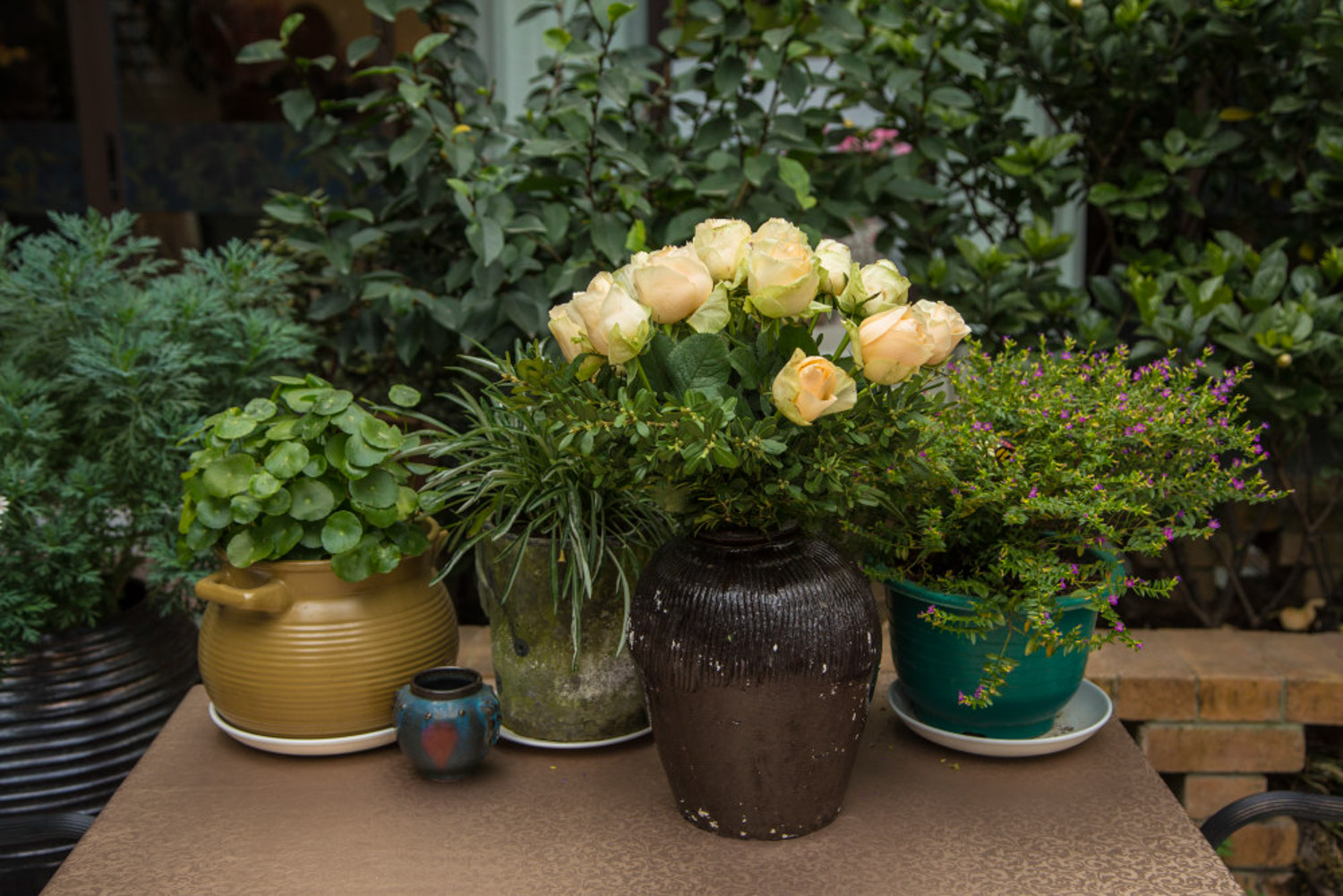
2. Daffodils: may cause dizziness, vomiting and diarrhea
Narcissus is divided into traditional Narcissus and foreign Narcissus. The flowers, branches and leaves of traditional Narcissus are poisonous. If you inhale the fragrance of Narcissus during sleep, people will be easily dizzy. Although it is not good to worship foreign countries and fawning on foreign countries, if you want to raise daffodils indoors, you should try to cultivate daffodils. It has no fragrance and will not have adverse reactions to the human body
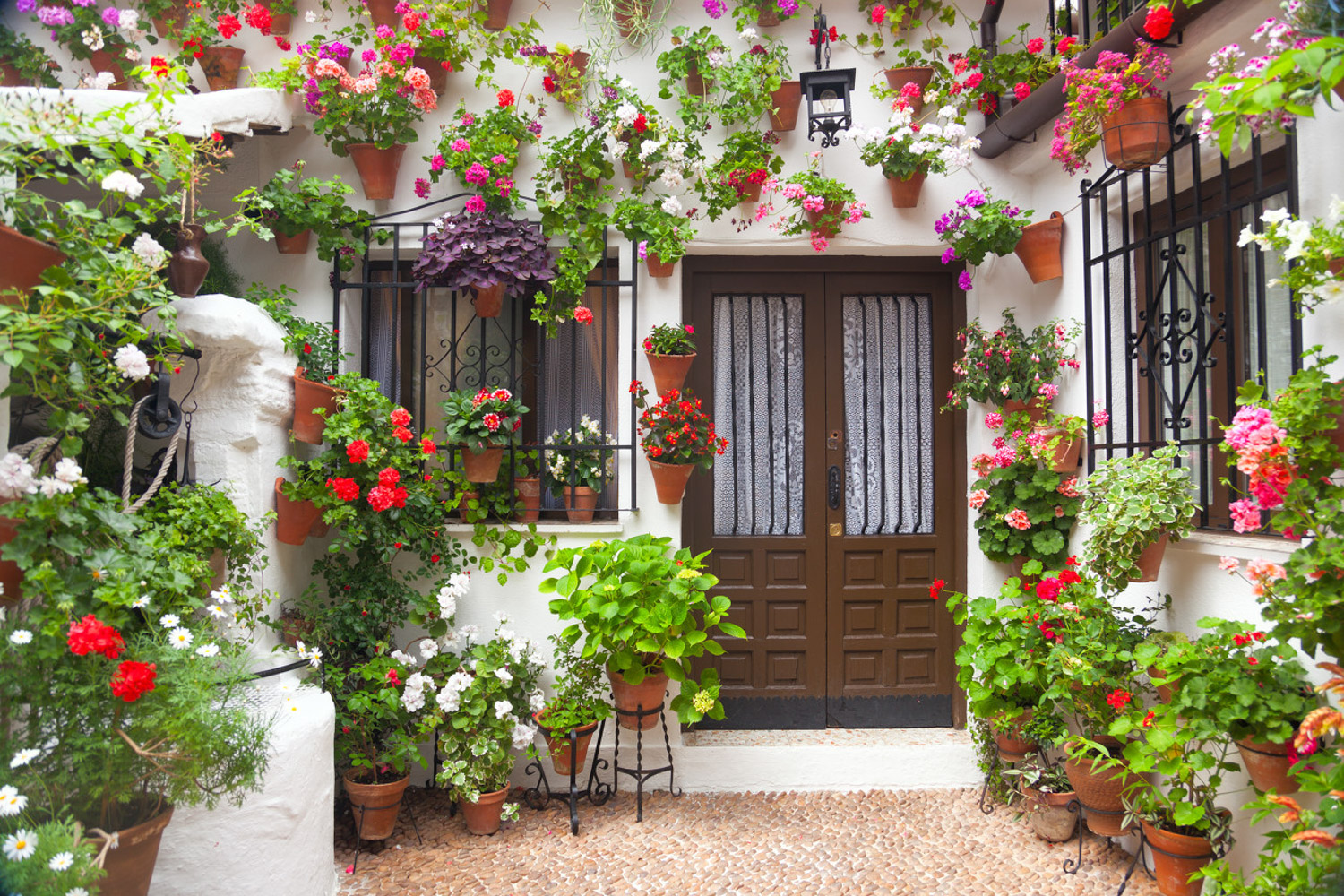
3. Big leaf green pineapple: "competing for" oxygen
Its breathing function is too prominent at night. It will release a large amount of carbon dioxide, which makes the indoor carbon dioxide concentration rise. Especially in the bedroom is not suitable for breeding large leaf green pineapple
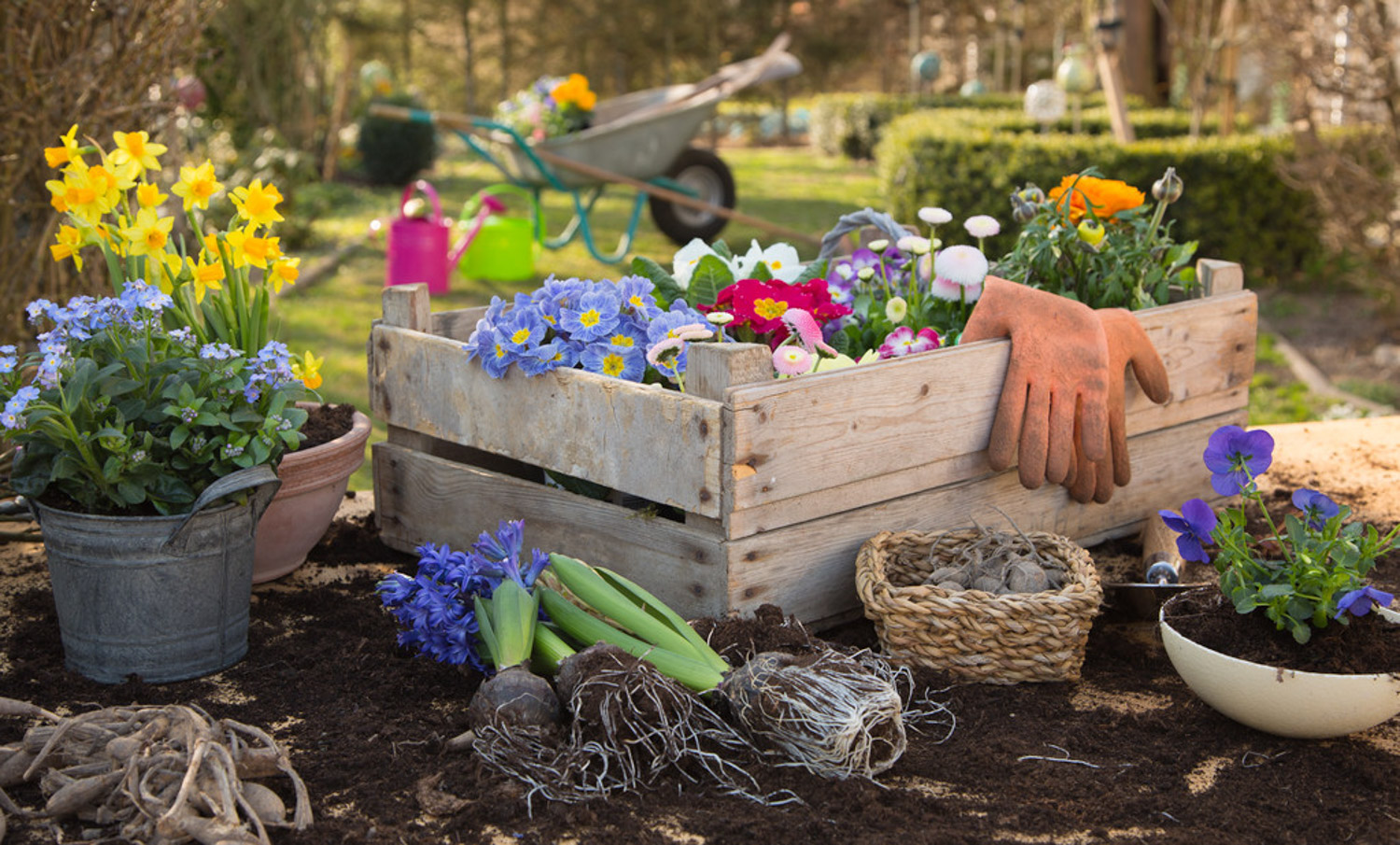
4. Rose: it makes people feel stuffy and uncomfortable in the chest and have difficulty breathing
Rose flowers are mostly raised outdoors or in the garden, so you don't have to worry about raising them outdoors. Indoors, its fragrance will also cause adverse reactions such as chest tightness, shortness of breath, suffocation and dyspnea
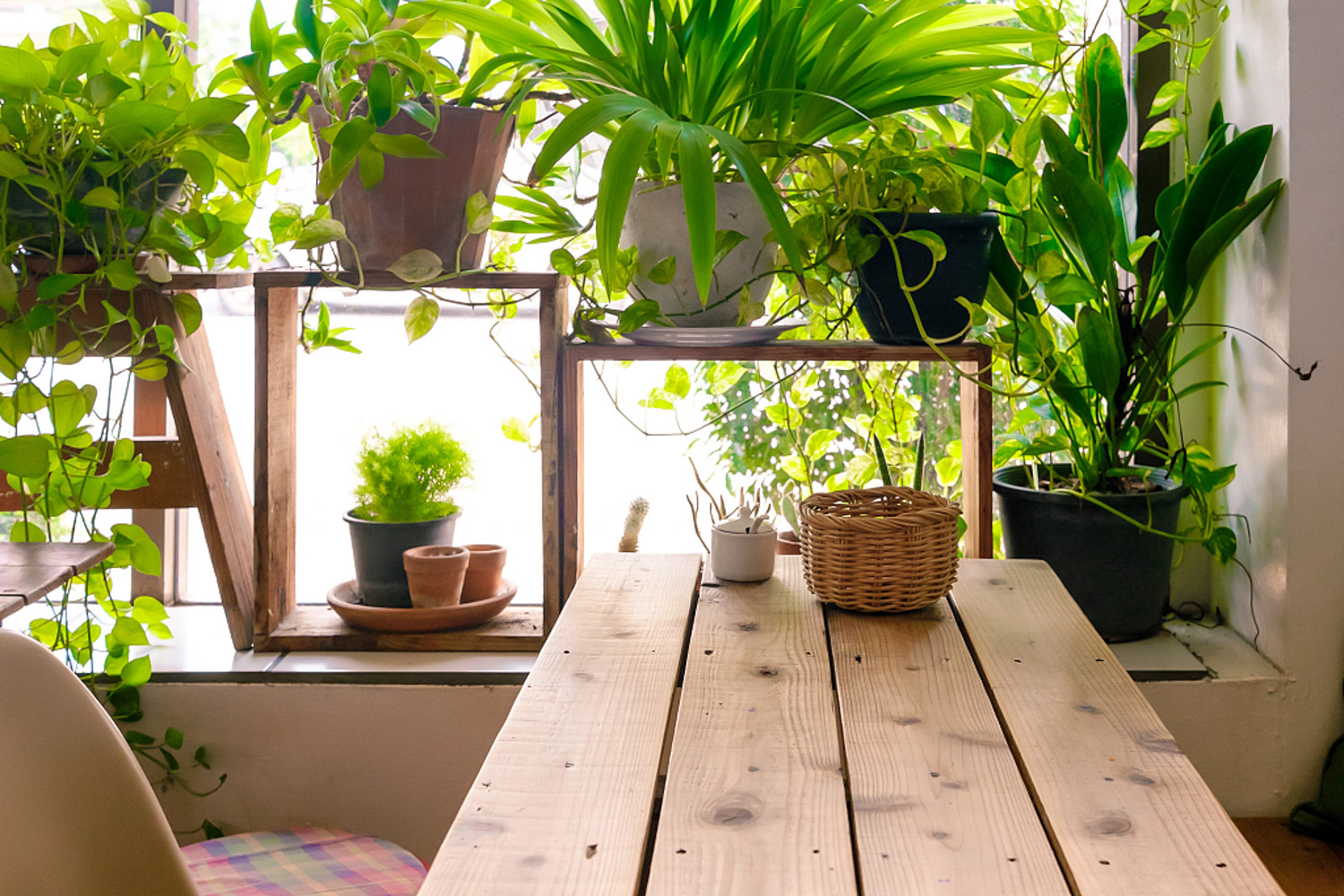
5. Hyacinth: the bulb is poisonous, and the smell causes insomnia
Its harm is not only that the fragrance will cause insomnia and pressure on human organs. And its taste will make people's spirit easily tired and weak. The most important thing is that hyacinth bulbs are poisonous. Eating them by mistake may cause diarrhea and even stomach cramps. Families with children should pay special attention
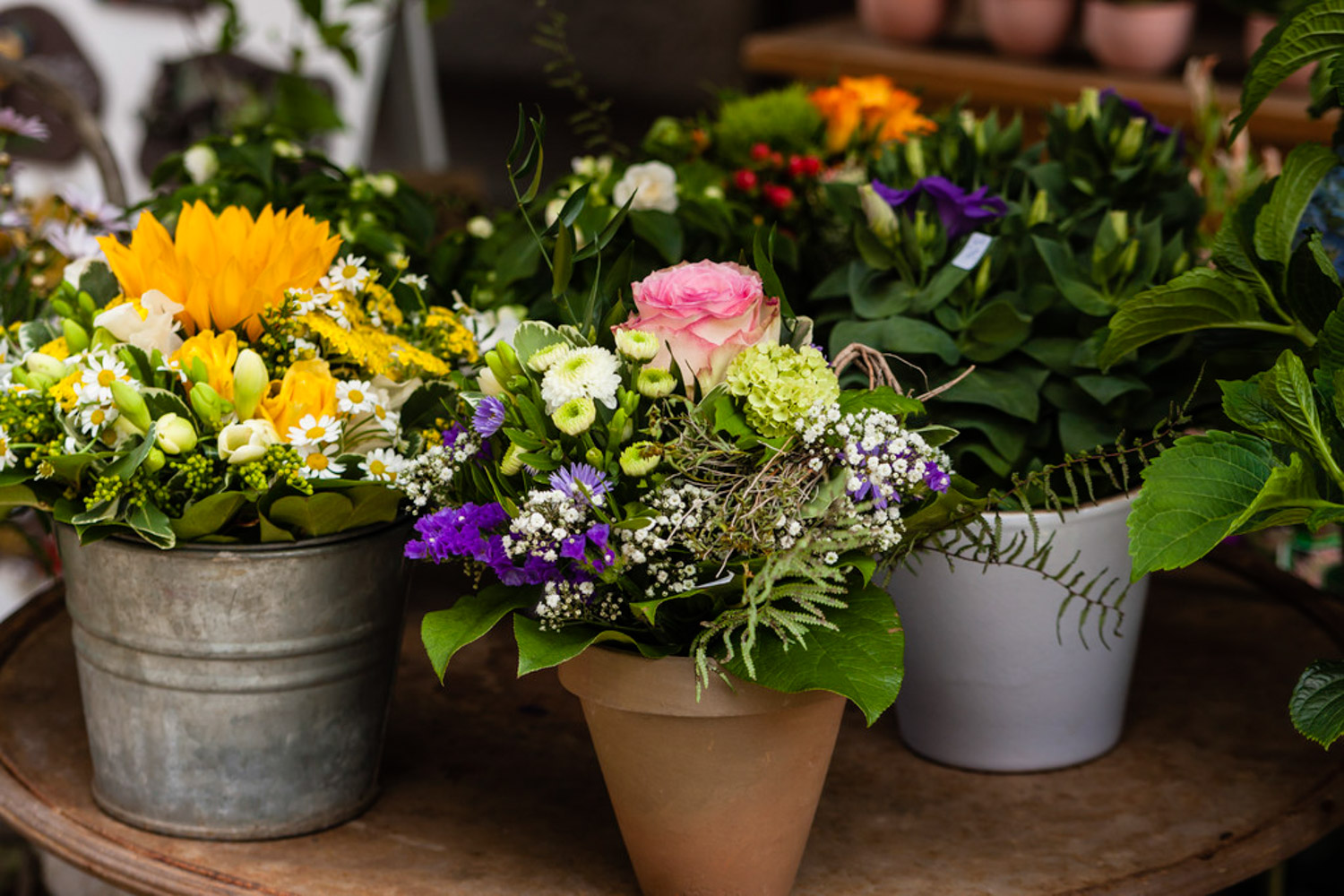
6. Evening primrose: causes cough and asthma
Its smell is also more suitable for outdoor breeding. Especially at night, its fragrance is actually exhaust gas, and it is easy to cause cough and asthma
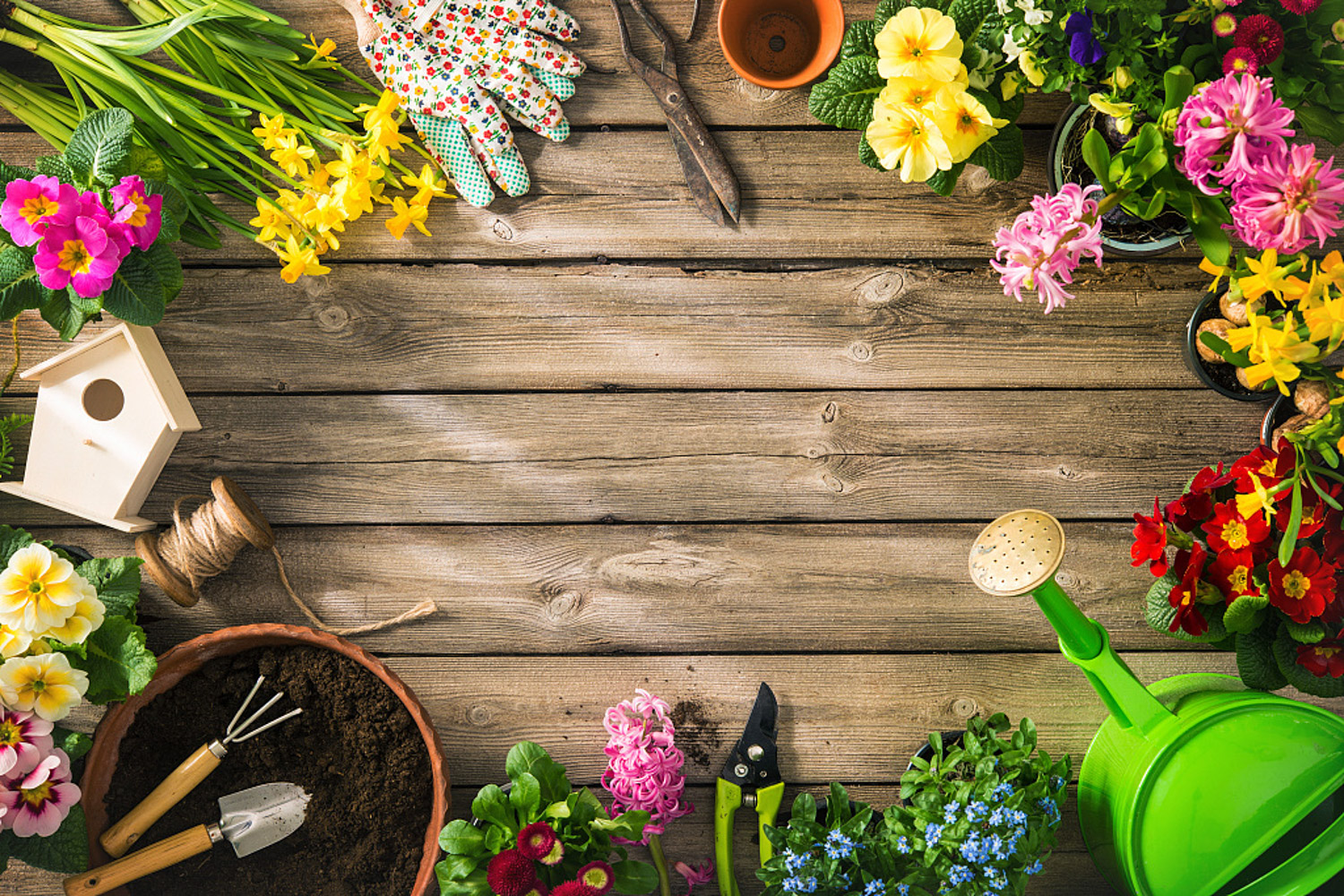
7. Evergreen flowers and leaves: the juice is poisonous
The flowers and leaves of evergreen contain oxalic acid and asparagine, which is very toxic. Once in contact with the skin, it will cause skin pruritus and is difficult to alleviate. Its fruit is more toxic. If eaten by mistake, it will make the tongue, throat swollen and painful, and even unable to speak. Moreover, this symptom will last for a week. In severe cases, it will cause nausea, diarrhea and so on
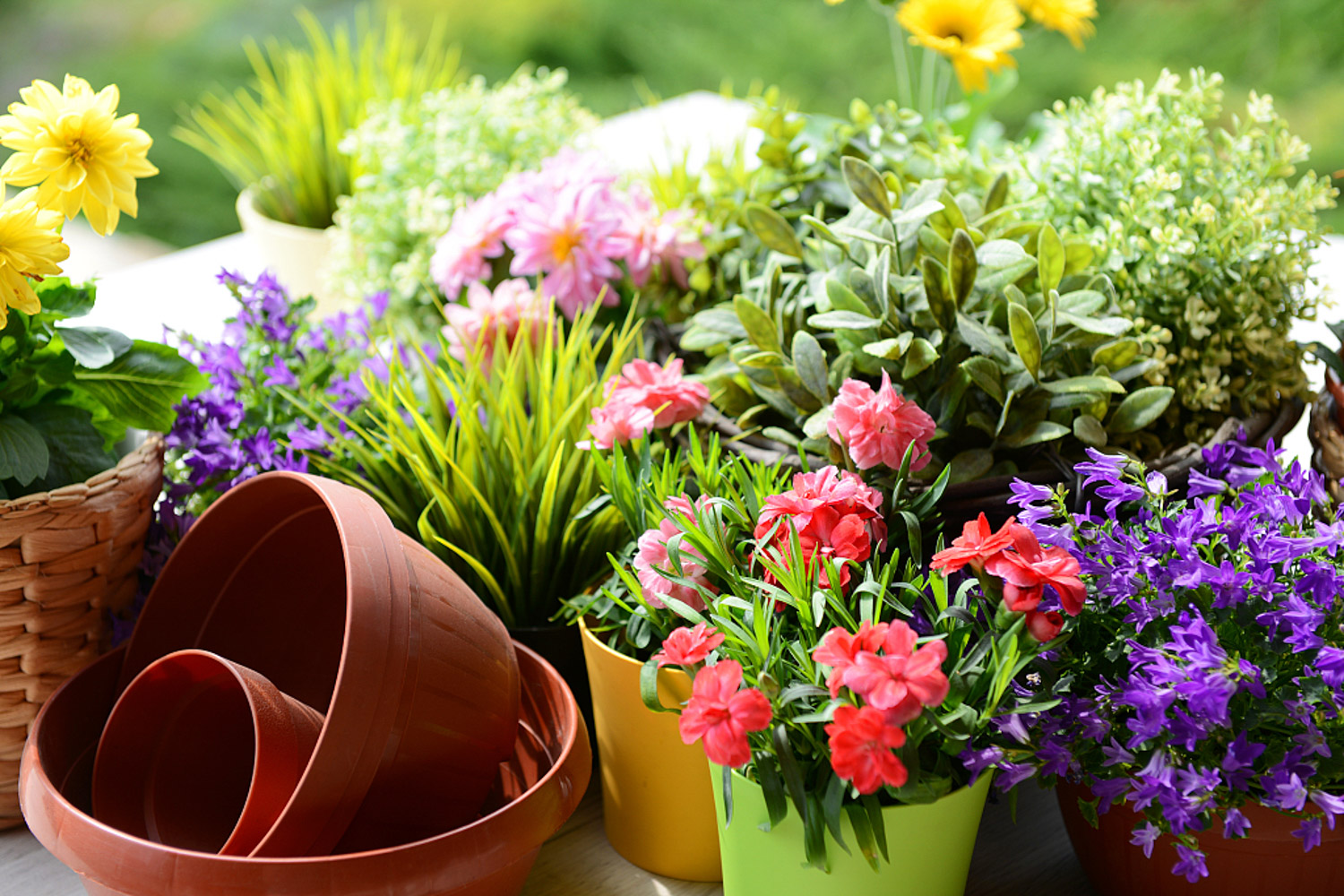
8. Ferns: easy to cause allergic reactions
Ferns will produce spores, which are similar to pollen. For those who are allergic to pollen or allergic constitution, they may have allergic reaction. Therefore, people who are prone to allergy are not suitable for raising ferns
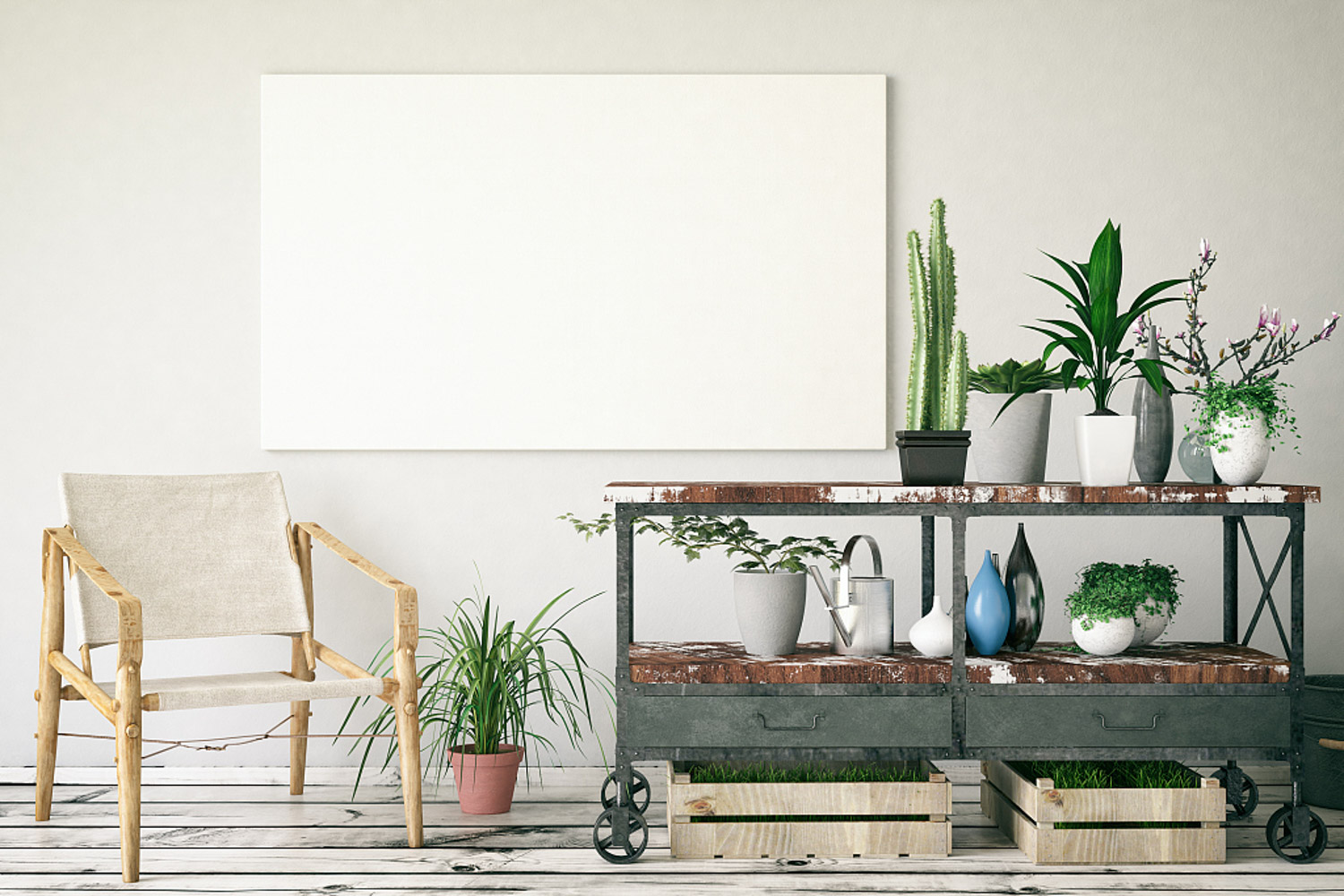
9. Mimosa: cause hair loss
The whole plant of Mimosa has a trace of toxin, because it contains a kind of Mimosa alkaloid, which will cause hair yellowing and falling after long-term contact. In addition, Mimosa does not carry out photosynthesis at night, and then release toxic substances, which are harmful to the body indoors
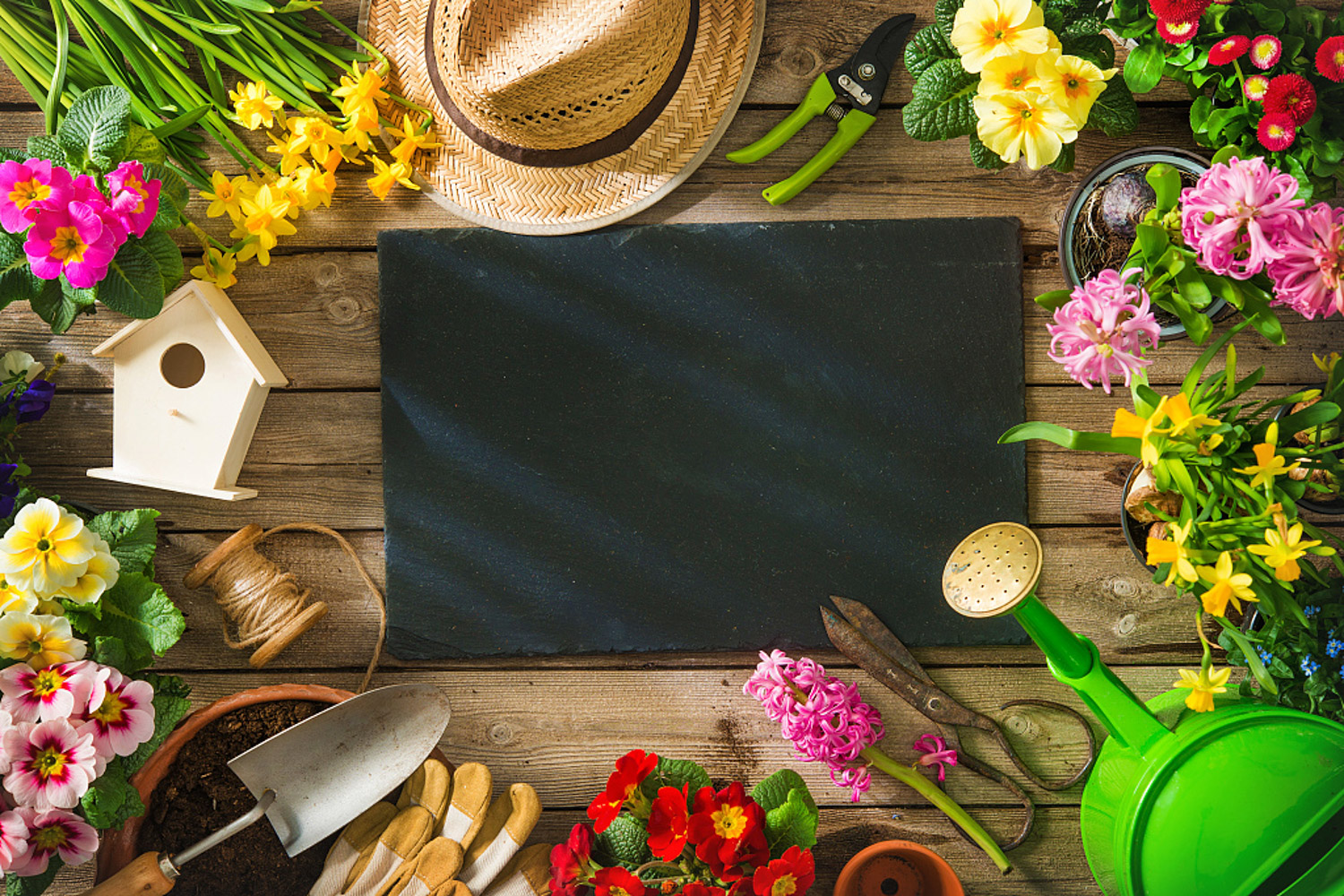
10. Poinsettia: causes vomiting and abdominal pain
It releases toxins harmful to the human body, which can cause respiratory or lung allergies. The white juice secreted by the branches and leaves is toxic. Once it comes into contact with the skin, there will be allergic reaction, redness, swelling, fever, and even ulceration
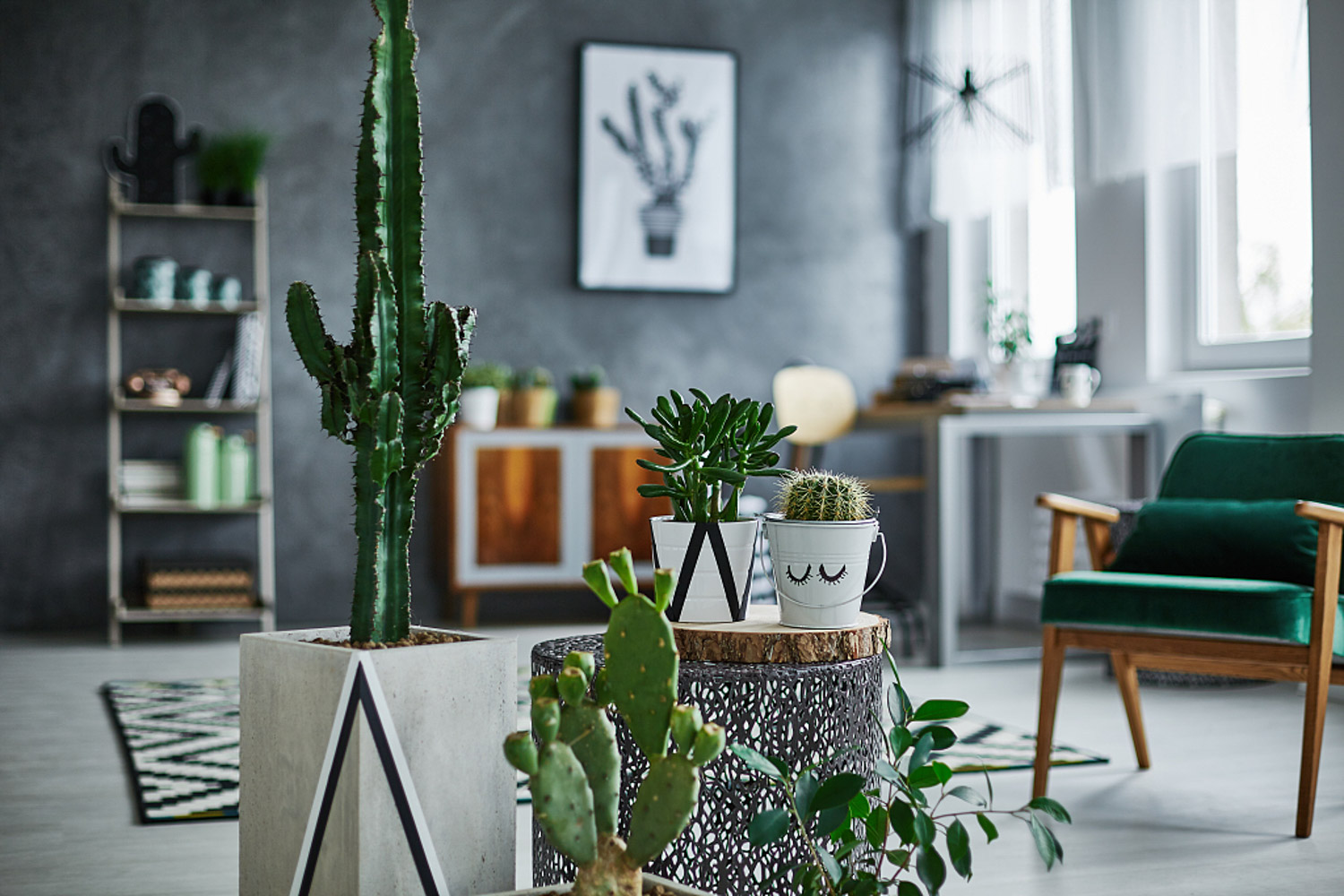

 jackfruit
jackfruit snake plant
snake plant hibiscus
hibiscus hydrangea
hydrangea lavender
lavender Green roses climb al...
Green roses climb al... If you don't pay att...
If you don't pay att... Management of four g...
Management of four g...

